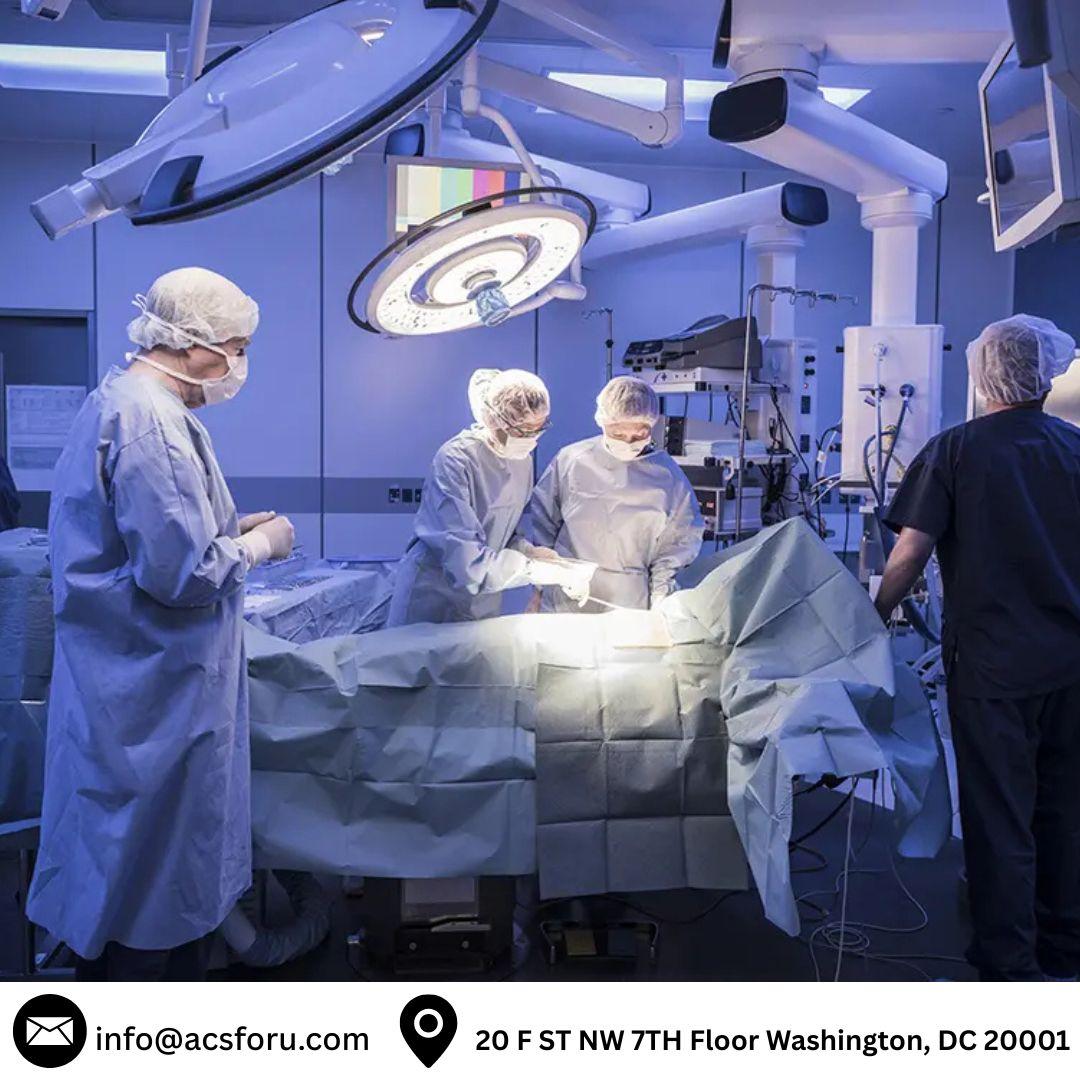In any healthcare facility, patient safety is the top priority. While doctors and nurses are often the most visible figures in hospitals, there is another group of professionals whose work is just as essential but often goes unnoticed the Sterile Processing Department Technologist. These behind-the-scenes experts ensure that every surgical instrument and medical device is thoroughly cleaned, sterilized, and ready for use, helping to prevent infections and save lives.
Who Is a Sterile Processing Department Technologist?
A Sterile Processing Department Technologist, sometimes known as a Central Sterile Technician or SPD Tech, is a trained healthcare professional responsible for the decontamination, sterilization, inspection, and distribution of surgical instruments and medical equipment. Working primarily in hospitals, surgical centers, and outpatient clinics, SPD technologists ensure that healthcare providers have safe, sterile tools ready for every procedure.
Without the work of these professionals, surgeries and treatments would not be possible. Contaminated instruments pose a serious risk of infection, and it is the job of the SPD technologist to ensure that never happens.
Key Responsibilities
The role of a Sterile Processing Department Technologist includes:
- Decontaminating medical instruments using specialized equipment and chemicals.
- Sterilizing tools through methods like steam autoclaving, ethylene oxide gas, or hydrogen peroxide gas plasma.
- Inspecting instruments for damage or wear and ensuring they are functioning properly.
- Assembling surgical trays according to surgeon preferences and procedure requirements.
- Maintaining inventory and tracking equipment to ensure timely supply and return of tools.
These tasks require precision, attention to detail, and a deep understanding of infection control protocols.
Education and Certification
Most sterile processing technologists complete a training program or associate degree focused on sterilization techniques, anatomy, microbiology, and infection prevention. While certification is not always required, becoming a Certified Registered Central Service Technician (CRCST) through the International Association of Healthcare Central Service Materiel Management (IAHCSMM) is highly recommended and often preferred by employers.
Why the Role Matters
The Sterile Processing Department Technologist plays a vital role in preventing surgical site infections (SSIs), which can have serious health consequences. Their meticulous work ensures that patients are not exposed to harmful bacteria during procedures. Additionally, their contribution helps reduce hospital readmissions, shorten recovery times, and support overall patient safety.
